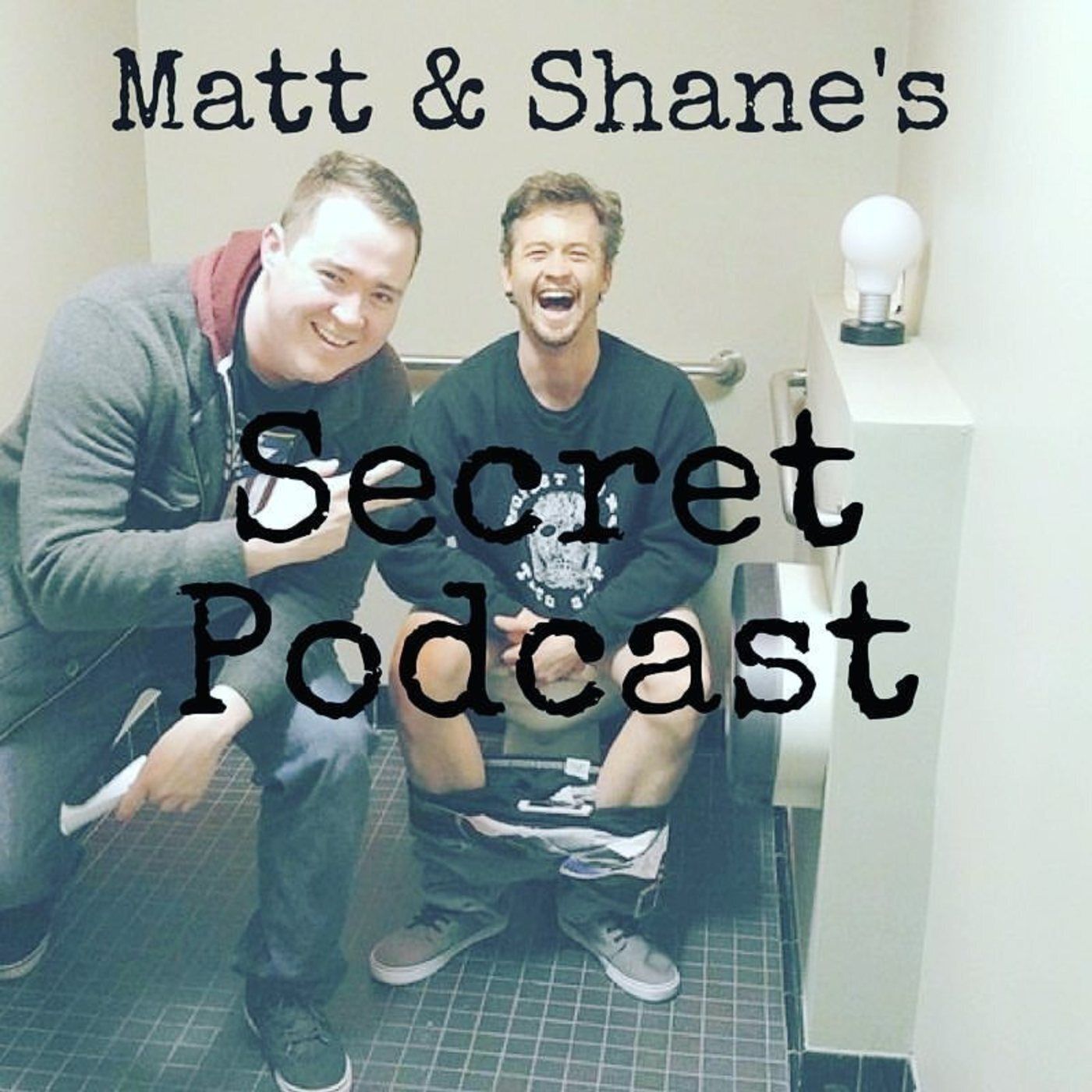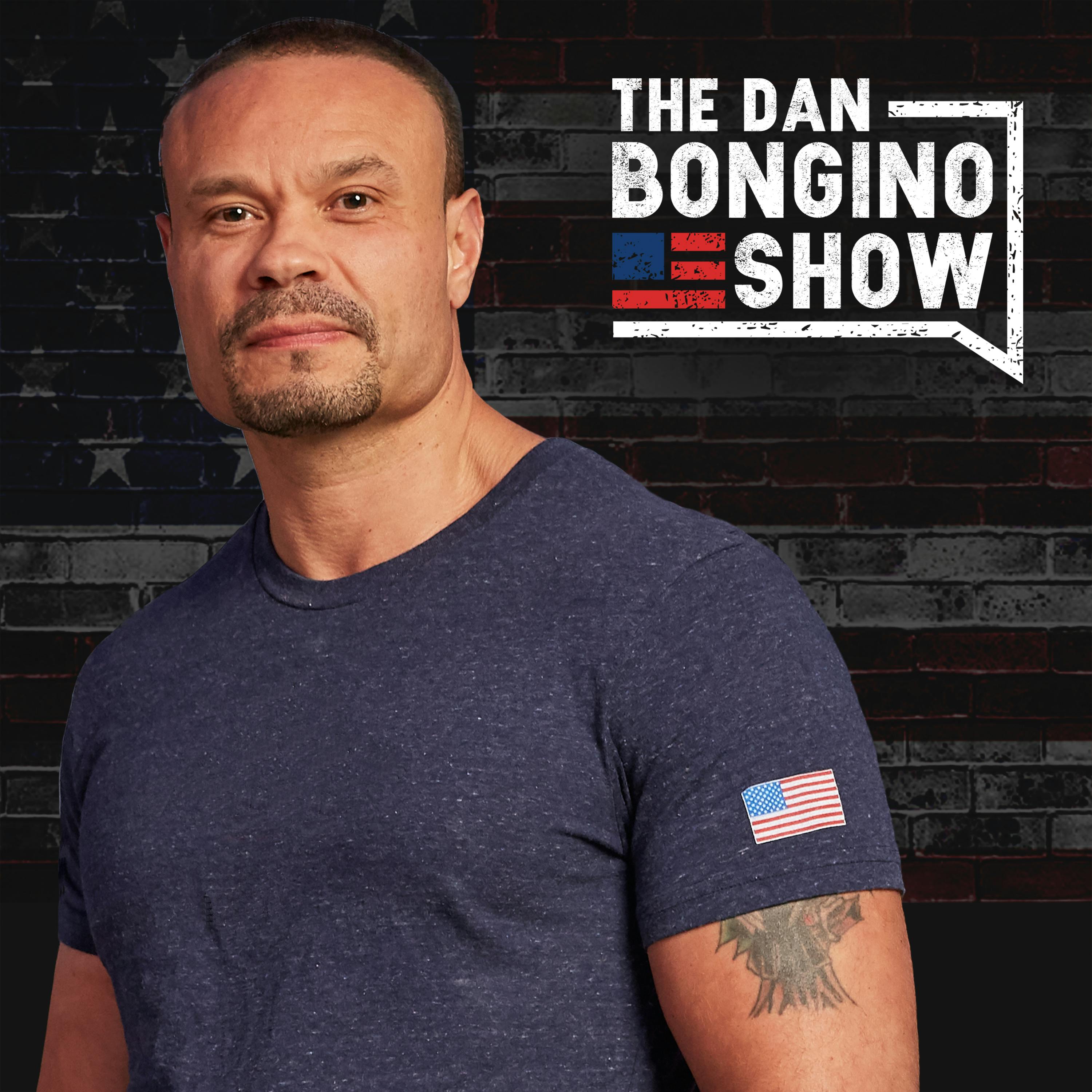AI Summary
Tristan Tate discusses his traumatic experience in a Romanian prison, emphasizing the importance of brotherhood and traditional masculinity. Following his release, he critiques societal structures that enslave individuals, particularly through education and economic systems. The conversation highlights disturbing links between political figures and pedophilia, while questioning historical narratives, especially regarding World War II. Tate promotes emotional mastery as fundamental to masculinity and argues against the manipulative nature of modern media and education. He also discusses the pressing issue of child trafficking amidst ongoing wars, advocating for personal discernment in truths surrounding science and societal expectations.
The episode features Candace Owens interviewing Tristan Tate, discussing the impact of media narratives on masculinity and the brotherhood between the Tate brothers. Tristan shares his experience in a Romanian prison, emphasizing the importance of loyalty and support amid challenging conditions. The conversation critiques societal views and highlights the power of ideology, family, and success in resisting media censorship.
Insights shared touch upon the discrepancies in how various countries teach their World War II history, the psychological impacts of societal narratives on populations, and a critical view of authority and scientific trust. Emphasizing the need for independent thought, the conversation reveals concerns over manipulated narratives and historical accountability in modern governance.
The conversation emphasizes skepticism towards authority, particularly regarding medical advice and societal norms. It explores themes of psychological manipulation, societal pressures, and the persistence of modern slavery in the context of personal agency. The discussion critiques the labeling of individuals by psychologists and highlights the importance of activism against child exploitation, advocating for self-awareness and resistance to conformity.
The episode features a critical discussion on mental health, emphasizing the overdiagnosis and reliance on medications for human emotions. Tristan Tate advocates for traditional masculinity, highlighting the importance of mastering emotions and the necessity of willingness to act for survival, rather than mere physical capability.
- more AI-processed summary -
Takeaways
The discussion raises awareness on themes of loyalty and brotherhood, which resonate strongly in challenging circumstances, especially evident in Tristan's relationship with his brother.
Freedom and personal empowerment are pivotal themes, portrayed through Tate's transition from incarceration to entrepreneurship, illustrating how overcoming societal constraints can ignite success.
Censorship around historical discourse can prevent a nuanced understanding of the past, particularly regarding the events and consequences of World War II.
The discussion emphasizes the critical need for individuals to have an ideology worth fighting for, as it is the commitment to these beliefs that empowers action and challenges societal norms.
Cultural decline is presented as a slow process, evidenced by shifts in social acceptance over time, particularly regarding the safety and upbringing of children in society.
Tate's definition of masculinity advocates for emotional intelligence and willingness to act over mere physical strength or societal perceptions.
- more AI-processed takeaways -
Topics
Brotherhood and Family Loyalty
Brotherhood and family loyalty emphasize the support systems that help individuals navigate adversity. Tristan’s commitment to keeping Andrew happy during their imprisonment serves as a powerful testament to familial bonds that can foster resilience, highlighting broader cultural values of loyalty and support among family members.
Freedom
Freedom is positioned as a state of being that profoundly alters one's life perspective. Tate's experiences illuminate the psychological impact of transitioning from prison to freedom and the concept of personal agency.
Censorship and Free Speech
Censorship refers to the suppression of speech, public communication, or other information. In the podcast, the Tate brothers’ experiences with media portrayal and backlash raise important questions about free speech, the power of media narratives, and the implications of 'censorship' on public discourse.
Cultural Corruption
Cultural corruption refers to the gradual degradation of societal values, leading to an environment where harmful ideologies may thrive. This corruption is said to stem from influential elites and a complicit media landscape.
Media Narratives
Media narratives greatly influence public perception of individuals and events. Tristan critiques how the media portrays controversial figures, highlighting the potential construction of false narratives aimed at discrediting them.
Historical Context of Ideologies
The conversation places emphasis on understanding historical context to examine the rise of ideologies like Marxism and how past events inform current societal structures and beliefs.
Masculinity
The discussion explores the theme of traditional masculinity, advocating for traits such as bravery and loyalty, suggesting that these traits are essential to overcoming societal challenges and advocating for ideals.
Child Trafficking
Child trafficking is a severe violation of human rights involving the exploitation and illegal trade of children. This topic highlights the grim realities of children who are trafficked under the pretense of migration for better lives.
Vaccination Controversies
The conversation sheds light on the complexities surrounding vaccinations. It emphasizes the importance of personal experiences and informed choices, juxtaposed against claims of universal safety and efficacy put forth by health authorities.
Emotional Intelligence
Emotional intelligence is the ability to recognize and manage one's own emotions as well as understand the emotions of others. Tate argues that this quality is essential to true masculinity, allowing men to navigate relationships and challenges more effectively.
Societal Control Mechanisms
Societal control mechanisms refer to strategies employed by authorities to regulate behavior and maintain order. This topic is explored through discussions on media narratives, fear tactics, and administration of psychological drugs.
Skepticism Towards Science
This topic explores the growing distrust in established scientific narratives and the call for critical thinking. The dialogue encourages individuals to interrogate scientific claims and maintain skepticism towards authority figures that push mainstream narratives.
- more AI-processed topics -
Related Episodes

 The Big Suey: Who Is Sal Licata?
The Big Suey: Who Is Sal Licata? The episode delves into the complexities surrounding Tua Tagovailoa's contract with the Miami Dolphins, emphasizing the varying views on his value and the implications of management support on his mental health and recovery. Additionally, highlights include a list of Top 5 Viral Sports Videos that spark debate around authenticity, alongside Stugotz's humorous interactions with the WFAN crew. The overarching discussion tackles themes of respect and recognition within professional settings, particularly through player comparisons and broader media influences.
- **The complexity of contract negotiations in the NFL, especially regarding Tua Tagovailoa, highlights the need for timely decision-making by teams to avoid losing value.**
- **Tua Tagovailoa's mental health and the substantial support from management are critical factors for his success, highlighting the nuanced dynamics in player-coach relationships within professional sports.**

 The Leading Body Language & Behaviour Expert: Manipulation Tricks The Military Use! 5 Signs Someone Is Lying To You! This Is Making You Less Likeable - Chase Hughes
The Leading Body Language & Behaviour Expert: Manipulation Tricks The Military Use! 5 Signs Someone Is Lying To You! This Is Making You Less Likeable - Chase HughesChase Hughes, a former military and behavior expert, discusses the significance of self-mastery, comfort, and observation in successful communication. He emphasizes the importance of habits over goals, the impact of childhood experiences on adult behavior, and the nuances of body language in detecting deception. Hughes also introduces techniques like elicitation to gather sensitive information without triggering defenses, and strategies for effective persuasion by understanding individual motivations. Additionally, he addresses the influence of social dynamics and media on human behavior and mental health, advocating for personal growth and authenticity in interactions.
- Success is more about forming effective habits rather than simply setting goals. The ability to influence others and lead effectively is rooted in self-mastery, observation, and communication skills.
- Effective communication requires tailoring approaches based on behavioral cues and knowing how to engage different types of people.

 Best Of Full Interview: Pastor Michael Todd On Facing Your Damage, Finding Your Value, Support Systems, Spit Incident + More
Best Of Full Interview: Pastor Michael Todd On Facing Your Damage, Finding Your Value, Support Systems, Spit Incident + MoreIn this episode, Pastor Michael Todd discusses the impact of personal stories on overcoming struggles and the challenges posed by cancel culture that discourages vulnerability. He highlights the importance of facing personal damage and the significance of support systems in personal growth. Todd emphasizes the necessity of investing in mental health, progressing rather than seeking perfection, and understanding biblical teachings through the Gospels. He shares his own healing journey from trauma and addiction, reinforces the value of mentorship, and reflects on the infamous 'spit incident' as a catalyst for personal responsibility and growth.
- Sharing personal stories of struggle and recovery is essential for empathy and motivation within communities, especially in a world increasingly inhibited by fear of judgment.
- Support systems play an invaluable role in personal development and encountering life’s challenges, facilitating an environment for healing.

 Best of Wednesday 2024
Best of Wednesday 2024In this special episode of 'Armchair Expert,' Dax Shepard revisits memorable moments from 2024's Wednesday episodes featuring various guests. Molly McNearney discusses her journey in comedy, while Bill Gates emphasizes the role of motivational feedback in team dynamics. The episode also explores themes such as the complexities of fame and self-esteem, the dynamics of collaboration in artistry, the struggle for genuine sexual communication, and the impact of obsessive-compulsive disorder. Guests like Patric Gagne and Yuval Harari share insights into romance and information networks, respectively, while addressing broader societal issues like the opioid crisis and gender discrepancies in medical research.
- Molly McNearney's experience highlights the significant dedication and effort required in the fast-paced environment of late-night television, where ideas must evolve rapidly to meet audience expectations.
- Self-criticism can drive personal improvement, but it is essential to balance it with constructive feedback to maintain a motivating team atmosphere.

 BANNED! My Interview With Tristan Tate
BANNED! My Interview With Tristan TateTristan Tate discusses his traumatic experience in a Romanian prison, emphasizing the importance of brotherhood and traditional masculinity. Following his release, he critiques societal structures that enslave individuals, particularly through education and economic systems. The conversation highlights disturbing links between political figures and pedophilia, while questioning historical narratives, especially regarding World War II. Tate promotes emotional mastery as fundamental to masculinity and argues against the manipulative nature of modern media and education. He also discusses the pressing issue of child trafficking amidst ongoing wars, advocating for personal discernment in truths surrounding science and societal expectations.
- The discussion raises awareness on themes of loyalty and brotherhood, which resonate strongly in challenging circumstances, especially evident in Tristan's relationship with his brother.
- Freedom and personal empowerment are pivotal themes, portrayed through Tate's transition from incarceration to entrepreneurship, illustrating how overcoming societal constraints can ignite success.

 Ep 538 - LSD Supermax (feat. Joel Blaeser)
Ep 538 - LSD Supermax (feat. Joel Blaeser) In this episode, Joel Blaeser shares his journey of serving a supermax prison sentence for selling LSD, reflecting on the absurdity of past drug laws and the challenges of incarceration. The discussion extends to the implications of drug legalization, focusing on harm reduction, addiction treatment, and societal perceptions surrounding drug use, particularly in Texas. The conversation also touches on personal coping mechanisms during prison, the impact of familial relationships, and the complexities of life after incarceration, including housing for ex-prisoners. Through humor and introspection, they explore significant themes around mental health, societal issues, and personal growth.
- Joel Blaeser’s narrative serves as a stark reminder of how drastically drug laws have changed over the years and the absurdity of some legal proceedings in the past.
- Legalizing drugs could transform societal approaches to addiction and criminal justice, potentially reducing cartel influence and improving safety for users.

 "Kieran Culkin"
"Kieran Culkin"Kieran Culkin joins hosts Jason Bateman, Sean Hayes, and Will Arnett for an engaging discussion in which he shares personal stories about health struggles, particularly his experience with a kidney stone. The conversation transitions through his acting journey, highlighting the comfort he finds in performance, the dynamic environment of his recent work on 'Succession', and humorous insights about life as a busy parent. The dialogue reflects on family influences, career transitions from child to adult roles, and his thoughts on supporting future generations in the industry, wrapped in light-hearted banter and camaraderie among the hosts.
- Kieran Culkin's journey illustrates the challenges and rewards of a long-standing career in acting, shedding light on the balance between personal life and professional commitments in the entertainment industry.
- The importance of confidence and personal authenticity is emphasized throughout the discussion, showcasing how these traits contribute to success in a competitive field.

 The Body Trauma Expert: Medicating Kids Can Harm Brain Development! Eye Movement Trick That Fixes Trauma! The Secret To EMDR Therapy! - Bessel van Der Kolk
The Body Trauma Expert: Medicating Kids Can Harm Brain Development! Eye Movement Trick That Fixes Trauma! The Secret To EMDR Therapy! - Bessel van Der KolkBessel van der Kolk, an expert in trauma, discusses the significant impacts of trauma on individuals, particularly focusing on childhood experiences. The conversation emphasizes the effectiveness of EMDR therapy in treating PTSD, critiques traditional therapies like cognitive behavioral therapy, and highlights the importance of secure attachments in childhood. Van der Kolk explores the links between trauma, creativity, and brain function, underscoring how trauma can distort perception and influence behavior. He advocates for holistic and unconventional treatment methods, including movement therapies, and presents insights on the importance of community support in healing from trauma.
- Childhood experiences play a critical role in psychological health, with the majority of individuals facing mental health challenges stemming from past trauma, emphasizing the need for integrated treatment approaches that acknowledge these early experiences.
- Abuse in any form—physical, emotional, or verbal—exerts a profound influence on a child's mental well-being, reinforcing the need for protective and nurturing environments to foster resilience.

 Saving The U.S. Military w/ SEAL Andy Stumpf (Ep. 2392)
Saving The U.S. Military w/ SEAL Andy Stumpf (Ep. 2392)Andy Stumpf, a retired Navy SEAL, discusses the pressing issues facing the U.S. military, focusing on the importance of unit cohesion, leadership, and realistic training. He critiques the divisive influences of political ideologies, like wokeness, on military effectiveness and emphasizes the need for reforms that prioritize operational readiness. Stumpf addresses the psychological challenges faced by veterans, advocating for better mental health support while distinguishing between post-traumatic stress and growth. He also highlights the indispensable nature of strong leadership in both military and civilian settings, reflecting on the nuances required to inspire commitment and decisiveness in high-stakes situations.
- **The military must focus on its core mission of lethality and readiness, setting aside distractions from social justice ideologies.**
- **Understanding the true nature of military service requires confronting the grim realities of combat and the resulting mental health impacts on veterans. Open dialogue and support systems are essential for helping these individuals navigate their experiences.**

 11 Habits To Transform Your Life In 2025
11 Habits To Transform Your Life In 2025In this episode, Lewis Howes discusses 11 transformative habits to enhance life satisfaction in 2025. Emphasizing the importance of conscious living, he states that daily habits significantly shape happiness and well-being. Howes encourages listeners to set a clear vision and practice gratitude, while also addressing the importance of healthy boundaries in relationships. He shares insights on diet, breathing techniques, and the critical role of sleep in emotional and physical health. Additionally, Howes highlights overcoming past trauma and the necessity of cultivating positive habits for personal growth and fulfillment.
- Implementing one transformative habit daily can significantly improve mental health and overall happiness.
- Daily practice of gratitude is scientifically shown to enhance happiness and lessen depression. Incorporating gratitude into everyday activities can lead to a more fulfilled life.










